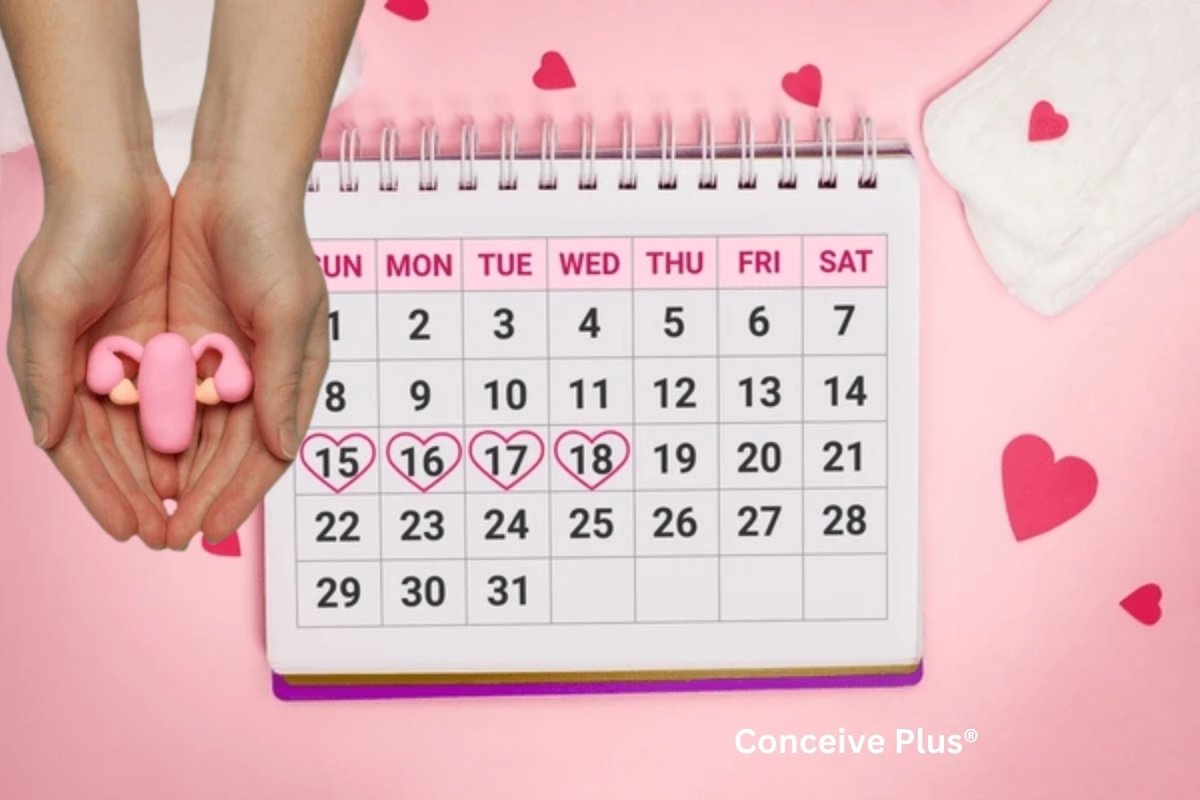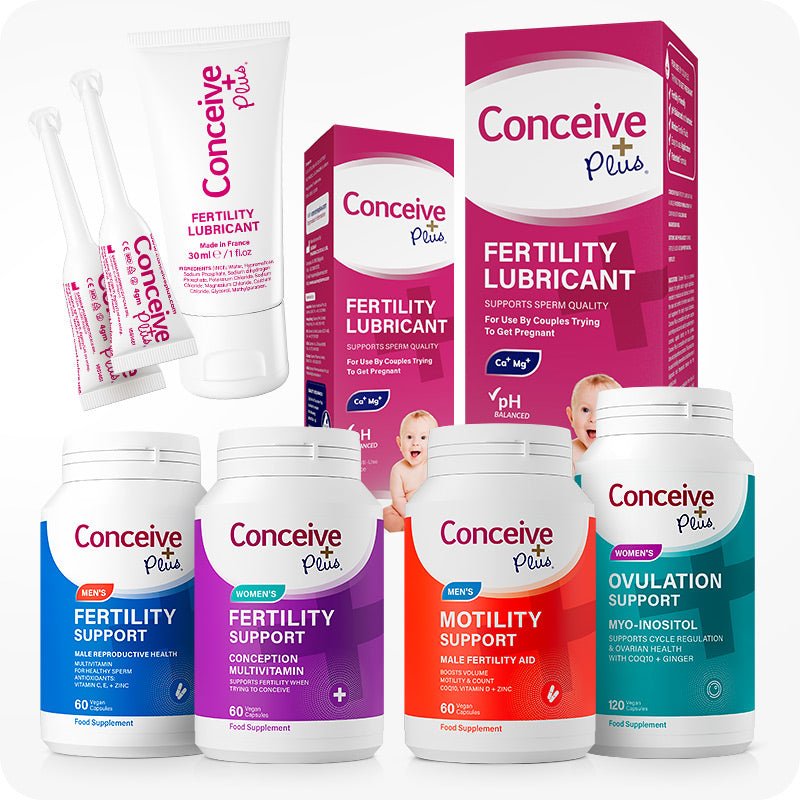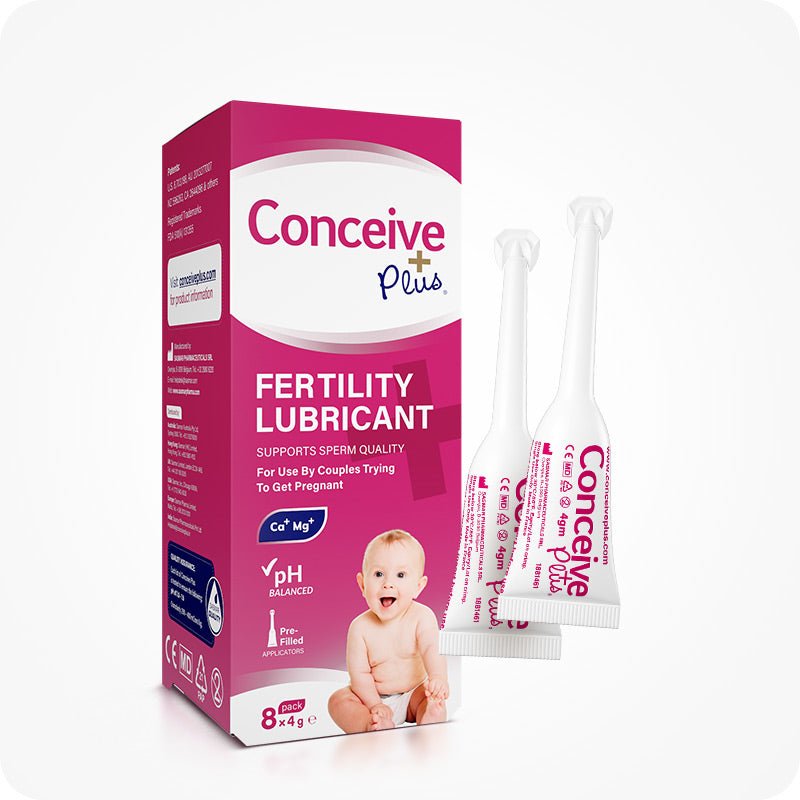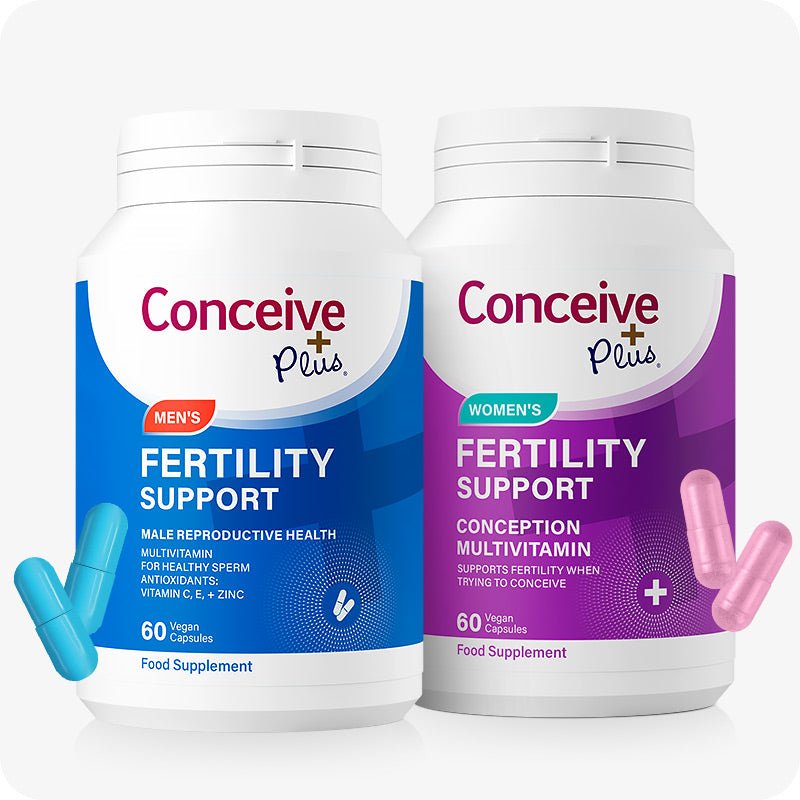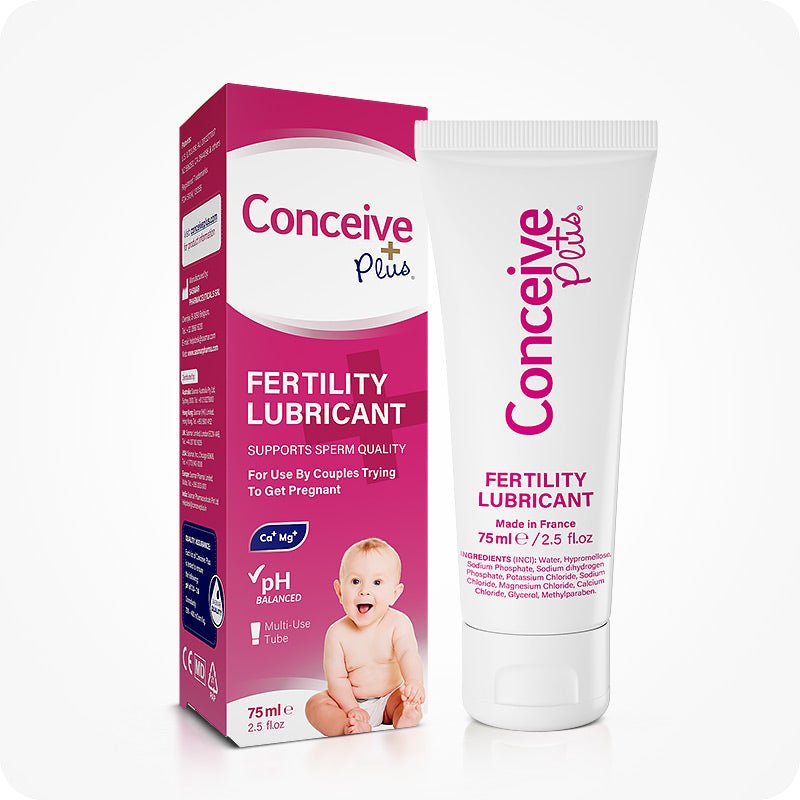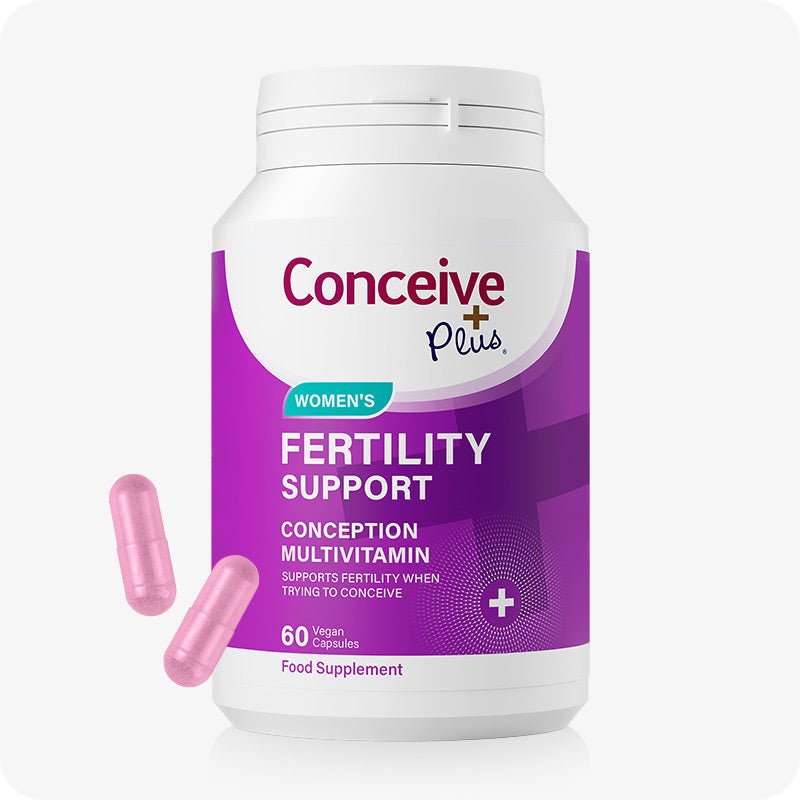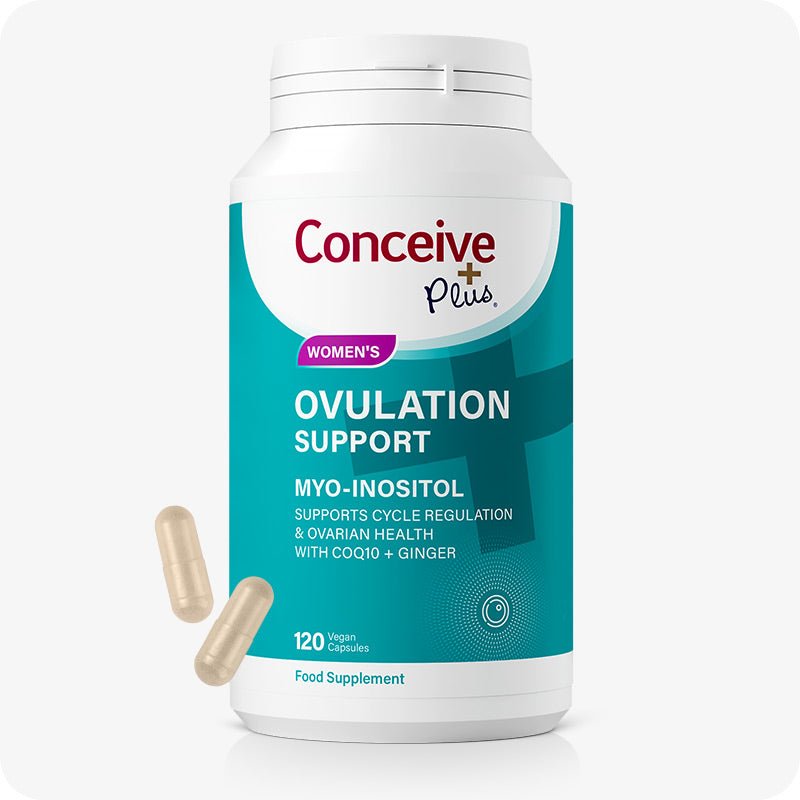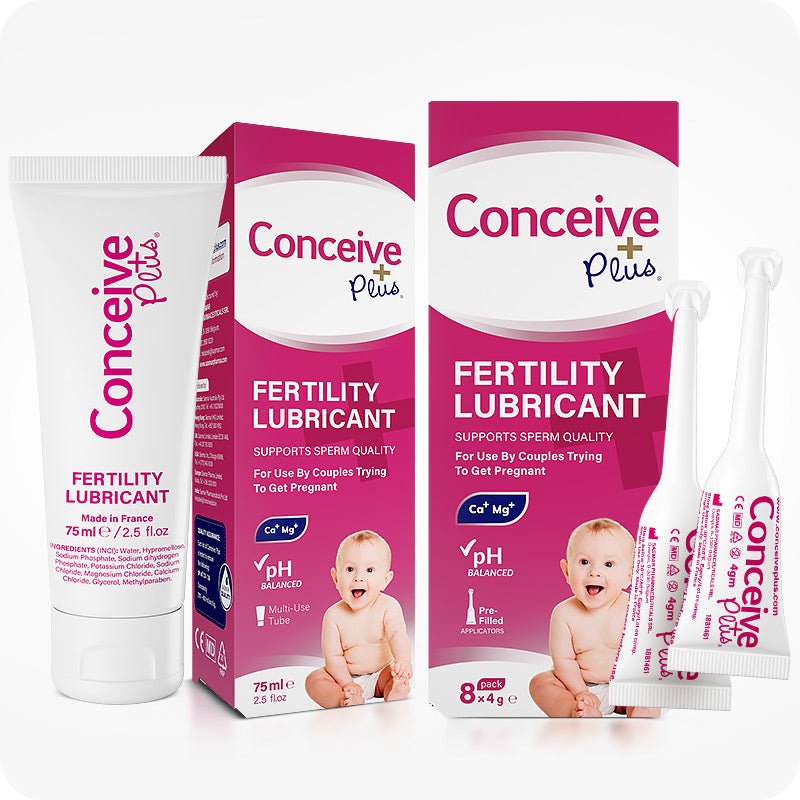The Social pressure of getting pregnant. In this liberal day and age, you would expect the pressure on couples to conceive to have died off. But this is far from the case. The media, as well as friends and family, and sometimes even strangers, all have an opinion on when a woman should start having kids, and those opinions are voiced loudly. Granted, these opinions are generally intended to be good-natured, however, it can be quite confronting and stressful; especially if the couple is already having
problems conceiving, or just don’t want to have kids.
Where it comes from
The intense pressure put on some couples, even when the ring has only just been put on the finger, more often than not, comes from the want-to-be grandparents. With their desire to be young enough to enjoy their grandchildren, they panic that time is running out. Once a woman has hit the age of thirty, the questioning is bound to begin.
This is all well and good if the couple is ready for children. But what of those who have been trying for months or years with no luck? They may not wish to share this difficult and personal time with everyone they meet. And the constant questioning can only add to their despair and frustration. This additional stress can only hinder their chances of
conception further, with stress triggering hormonal responses that make conception difficult. Many stories have been heard of women trying to conceive for many difficult years, only to fall pregnant once they had ‘given up’ and taken that pressure off themselves.
What would you do?
Imagine the frustration and grief that must be felt when a woman is forever asked when she’s going to have kids, when in fact she is desperate for a child but is unable to conceive. Or, when a woman has no desire to have kids—a concept that it difficult for many to comprehend, especially those in the older generations.
It is true that
fertility does decrease with age, but it doesn’t rule out a woman being able to fall pregnant in her late thirties or early forties. The pressure that is exerted onto women can be dangerous. They may feel the ‘
what if’ notion—falling pregnant when they are just not ready, because they are scared by ‘what if I can’t fall pregnant in a few years time’. The pressure to hurry into starting a family could lead to further problems, in the couple’s relationship and bonding with the child.
What is the best response?
So what is the best response when dealing with the pressure from so many people? It is a personal decision as to how much information to share with people; some don’t mind discussing the topic and any issues quite openly, and others like to keep it to themselves. Keeping responses positive is probably the best way, as generally people aren’t aware their questions are causing any distress. Keeping it on a need-to-know basis should help ease some of the constant questions and prying. Obviously, your response will vary depending on the person and your relationship with them. A persistent relation may need a direct, and to the point response to make it clear that you will not be discussing it with them. With a work colleague, deflecting their questions with humor and giving little away, is advisable.
Regardless of the decision on whether to have children or when to start
trying to conceive, or if
fertility problems arise, the pressure put upon women can create a very stressful and detrimental environment. It is a personal decision that is nobody’s business but the couples.





